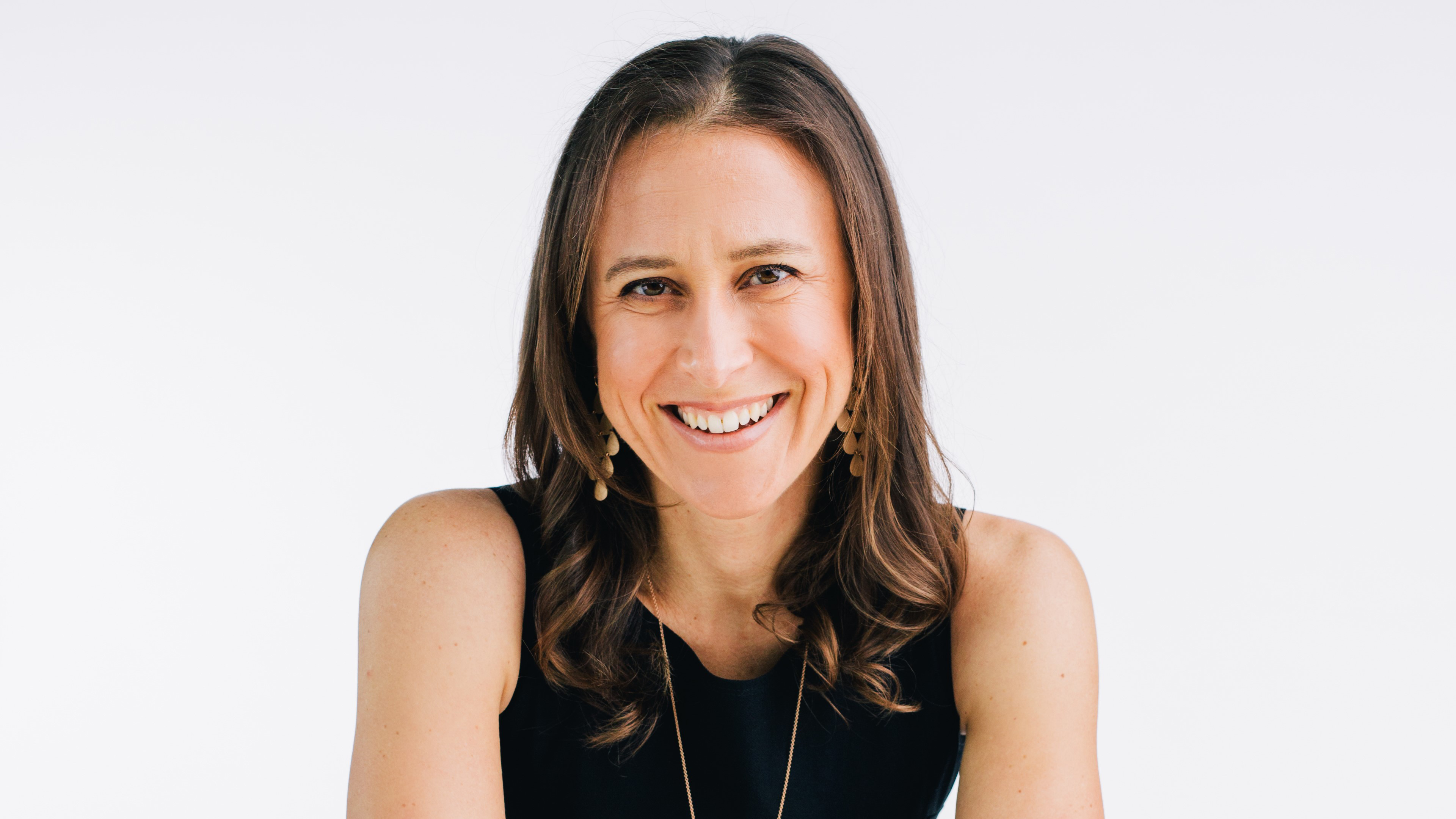As the inaugural speaker of the University of Miami Patti and Allan Herbert Business School’s Knight Venture Leaders Series, Anne Wojcicki, the CEO and co-founder of the world’s largest genome analyzing firm, explained that the company seeks to empower its customers to be more responsible for their own health and well-being.
Wojcicki said Wednesday that the 10 years she spent working on Wall Street, primarily investing in biotechnology companies, provided an “incredible opportunity” to learn about the health care industry and birthed the impetus and ideas for the company she co-founded in 2006.
“23andMe started with the idea that the individual can step up when given the opportunity,” she said, citing the example of type 2 diabetes as among the most prevalent, pernicious, and yet preventable health conditions in the United States. According to Wojcicki, when customers learn about their genetic likelihood of developing such an illness, they are likely to be motivated to change their lifestyle and ultimately help themselves prevent the disease.
“The health care system assumes that you are not capable of taking care of yourself—and I fundamentally don’t agree with that,” she said. “I get so agitated when people tell me that a consumer can’t handle knowing information about their own health. We have the data to prove that people are far more capable of making the necessary lifestyle changes than you can ever imagine.”
Wojcicki said that the activism of the HIV community in the late 1990s also supported her belief that people should have more say in the decisions regarding their health and care.
“They weren’t just wearing a ribbon—they were angry, and they were demanding accountability and change,” she explained. “They wanted to be involved and trusted as a partner in their own care.”
President Julio Frenk welcomed Wojcicki as “a legendary figure in the innovation space” and said he was already aware of her many accomplishments when the two met several years ago, soon after he had arrived in Miami. She gifted him with a 23andMe kit.
“Issues of ancestry have always been of great interest to me, and the testing results have provided really vital health information and given me a glimpse into genetically determined propensities,” Frenk said.
In answer to a question from moderator John Quelch, dean of the Miami Herbert Business School, Wojcicki cited two principles that define her leadership style.
“One, that I’m very direct—I never want there to be any ambiguity on where I stand,” she said. “I have learned over time that it helps everyone to eliminate some of the fluff.”
Secondly, she pointed out that she is very family friendly. “I’m a huge believer that people do their best work when they don’t have to worry about their families. I want people to feel like 23andMe is a nurturing place—when you do that, they give you their best.”
After launching 23andMe, the company partnered with pharmaceutical firms for many years to do the research regarding medicines that might reduce or eliminate illnesses.
“At some point we realized the best way to make advances of human genetics was to do drug discovery ourselves,” Wojcicki noted. The company now has a 100-person research and development team.
As the world seeks to develop a vaccine and preventions to mitigate the COVID-19 pandemic, Wojcicki said 23andMe is well poised to help because of the survey system and database it established years ago.
“On April 6, we launched a survey to our 12 million customers. One million responded and 10,000 said they have the virus and another thousand reported they had been hospitalized,” she said. The existing health information related to the respondents provided valuable data relating to blood types that might be more susceptible to the virus.
“I can easily partner and put out surveys regularly to that community and partner those findings with academic or other programs,” Wojcicki said. “We can follow these people to understand what is happening. The only way we’re going to understand and eventually conquer COVID-19 is to collect the data so we can make some progress on the vaccines, the treatments, and the prevention.”

